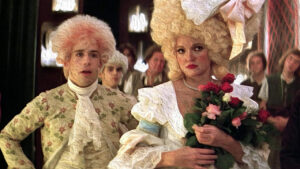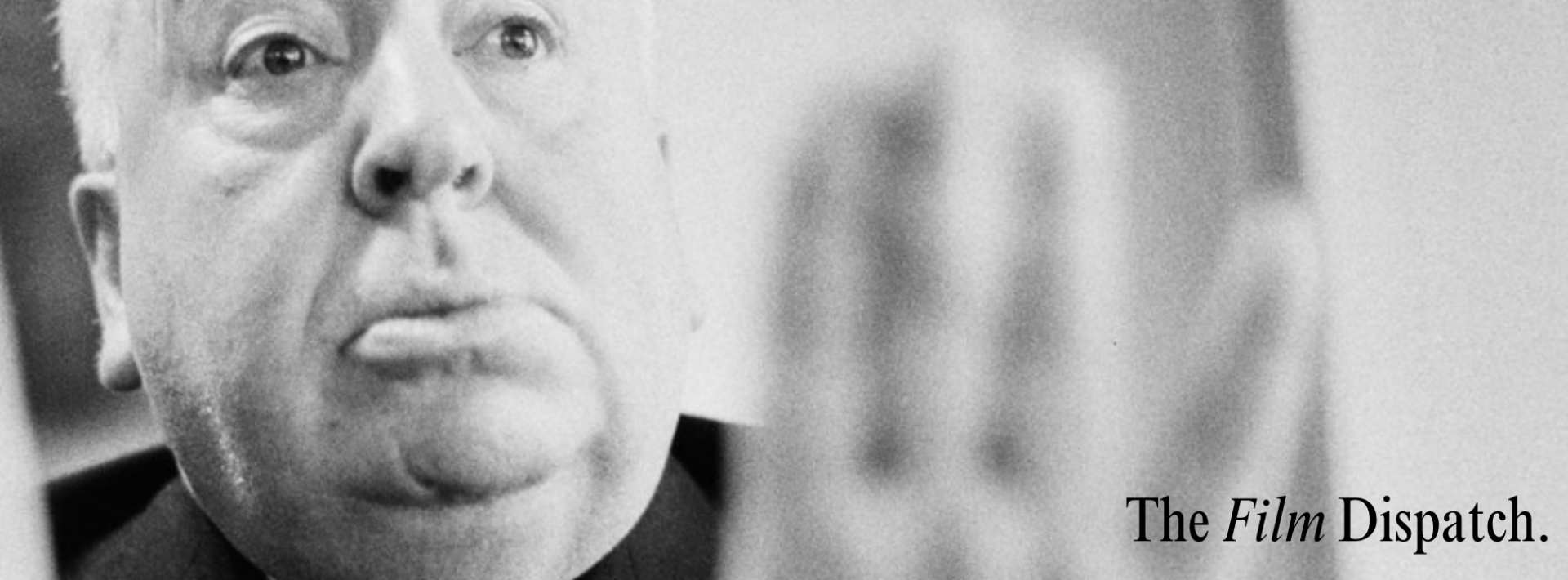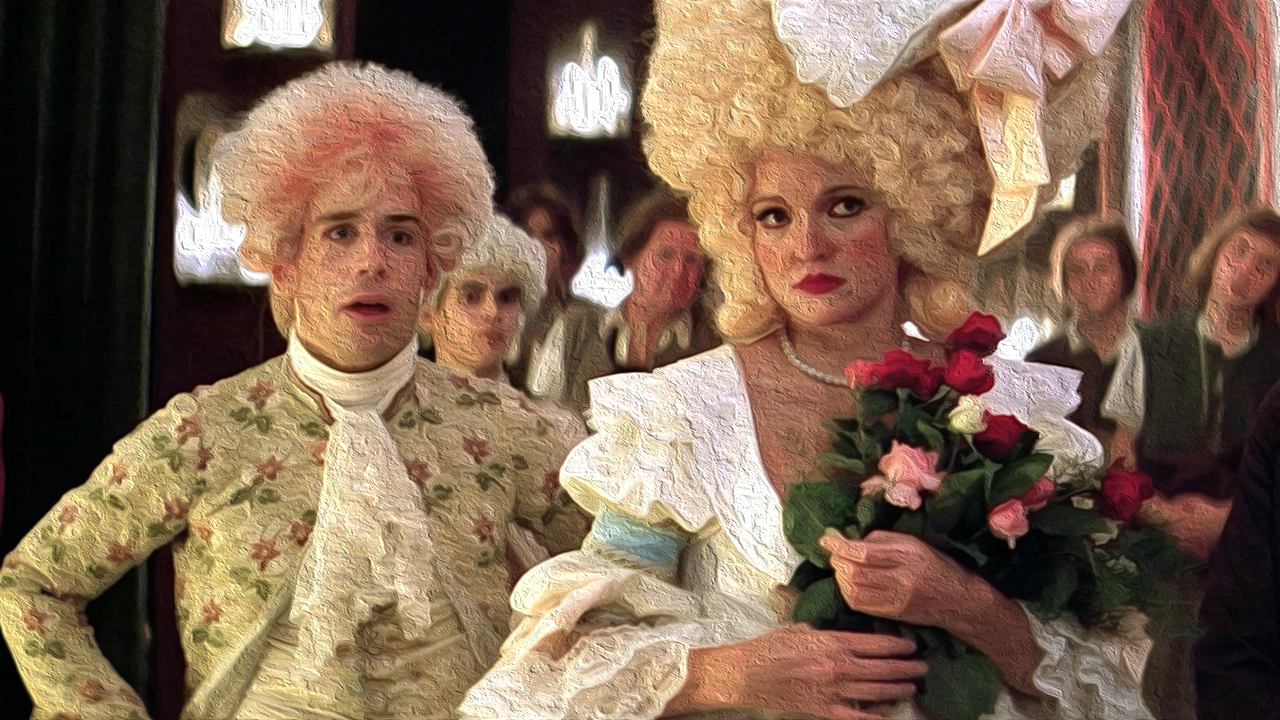
When we decided to write a short article about one of our favourite films, I decided to write about Amadeus (Forman, 1984), an adaptation of the play by Peter Shaffer about the rivalry between Wolfgang Amadeus Mozart and Antonio Salieri, and Mozart’s eventual death.
A critical success at its release — winning eight of its eleven Oscar nominations — Amadeus follows Antonio Salieri (F. Murray Abraham), a devoted musician and composer who has dedicated his life to the attempt to create something truly transcendent. However, when the young, talented, and hopelessly crass Mozart (Tom Hulce) comes to Vienna, bringing music beyond Salieri’s wildest dreams, a deep jealousy drives Salieri to take his revenge, not on Mozart, but on God. Salieri had promised his life and virtue to God and saw Mozart’s effortless talent as a cruel joke by the God he had sacrificed so much for. In this pursuit, Salieri ruins the lives of Mozart and his new wife, Constanze (Elizabeth Berridge), driving them to poverty and eventually to Mozart’s death.
The film is a visual and aural splendour, full of fantastic sets and costumes. It illustrates the excesses of the Baroque, with all of its careful designs stretching the seams of this grand undertaking. The world feels vibrant and real. The city streets brought to life throughout the course of the film grant a sense of realism that has led many to believe the contents of the film are actually a direct crystallisation of a true rivalry for the ages. In fact, the story was far less compelling, as there is no evidence of any particularly great rivalry. Certainly, none that Salieri murdered Mozart or drove him to the brink of death. But the powerful performances by Abraham and Hulce draw you in from the moment you see — or hear — them. Of particular excellence is the sound design. The soundtrack and score are all phenomenal, though with the vast array of masterpieces by Mozart to work with, it would be hard not to have at very least a fantastic score. The film has an impressive way of allowing those with little to no understanding of music to understand exactly why Salieri was so envious of Mozart’s gift. Breaking down each instrument and allowing the audience to understand their function through Salieri’s passion, we, like him, are then able to understand from afar Mozart’s brilliance, but we are kept at a distance. We are denied the creative power and transcendence that Mozart has, just as Salieri is. For us as viewers, we are denied this simply through the very nature of the medium of film — a medium that has been created and has become fixed upon its release — so that none of our actions can affect it or improve upon it. We are not creating, merely observing the brilliance of others. Salieri too can never hope to create in the way of Mozart and this insufficiency drives such a powerful jealousy that Salieri, perhaps the one person in Vienna who truly appreciated Mozart’s genius, also becomes the chief architect of his destruction.
The most powerful moment of the film is the writing of Mozart’s requiem mass while he is bedridden. Mozart is too weak to write the notes so Salieri offers to help with this process of divine transcription. For one glorious evening, Salieri is brought into this divine pipeline: God giving the music to Mozart, and he in his turn passing the music down to Salieri. As Mozart lies dying, Salieri seems to have won his victory against God. He will be remembered for this one truly inspired piece of music — a requiem that shall be played for Mozart’s funeral — and he could laugh as God’s chosen is buried. But, as if God has his final revenge, Constanze returns home just in this moment of ultimate triumph to snatch away the manuscript of this final masterpiece, ejecting Salieri — not just from this last chance at claiming this piece of music, but also from this one moment of divine inspiration he shared with Mozart. Throughout the scene, the audience hover on the cusp of partaking in this ecstatic moment. We are privy to the musical genius being developed, but remain observers, dooming us to the same fate as Salieri.
The feeling of inadequacy or mediocrity is a common experience for all of us, particularly as university students. We all have moments where we look at another and believe them to be effortlessly inspired in their work. If we are not careful, we can let these feelings overtake us and consume our thoughts. For this reason, I have always found Amadeus a powerfully cautionary tale. Salieri, surrounded by a world of splendour and excess, of wonderous architecture and clothing, knows he has never risen above mediocrity but he can recognise the excellence in another. This leads to the ruination of beauty and the ultimate corruption of his spirit. While I doubt any of us will try and murder another student for a well-written essay, our urges to compare ourselves to others can be equally destructive. It is for this reason, as I decided which of my many favourite films I would like to write about in this inaugural issue of The Film Dispatch that I decided upon this masterpiece, to remind myself that whatever mediocrity I might produce within its pages, I can still enjoy and appreciate the inspiration of others, and connect to it even if just for the course of one night.
Written for The Film Dispatch by Aiden Lynch.

